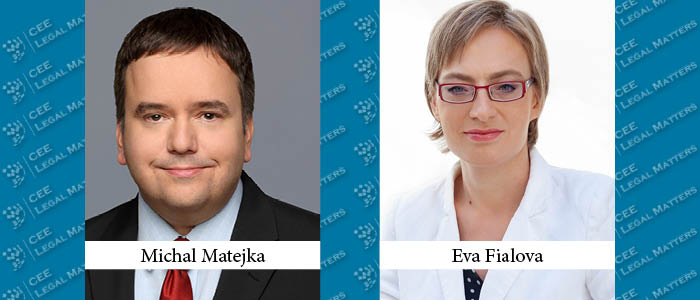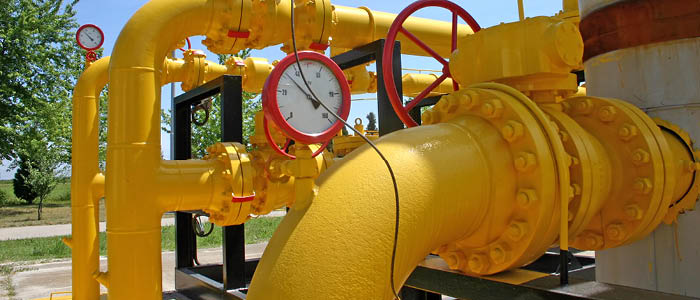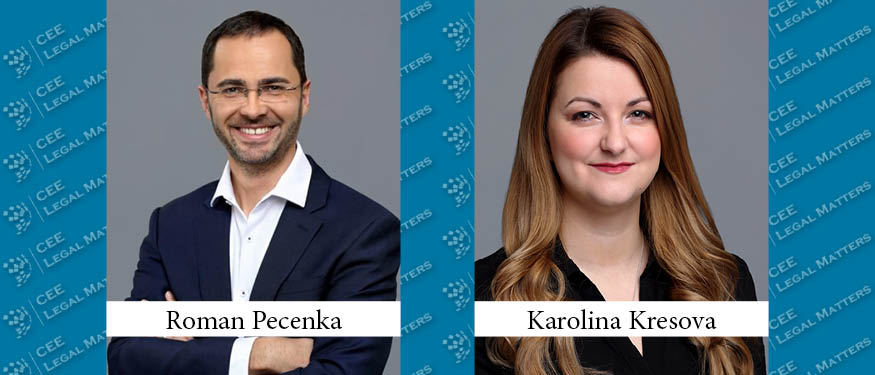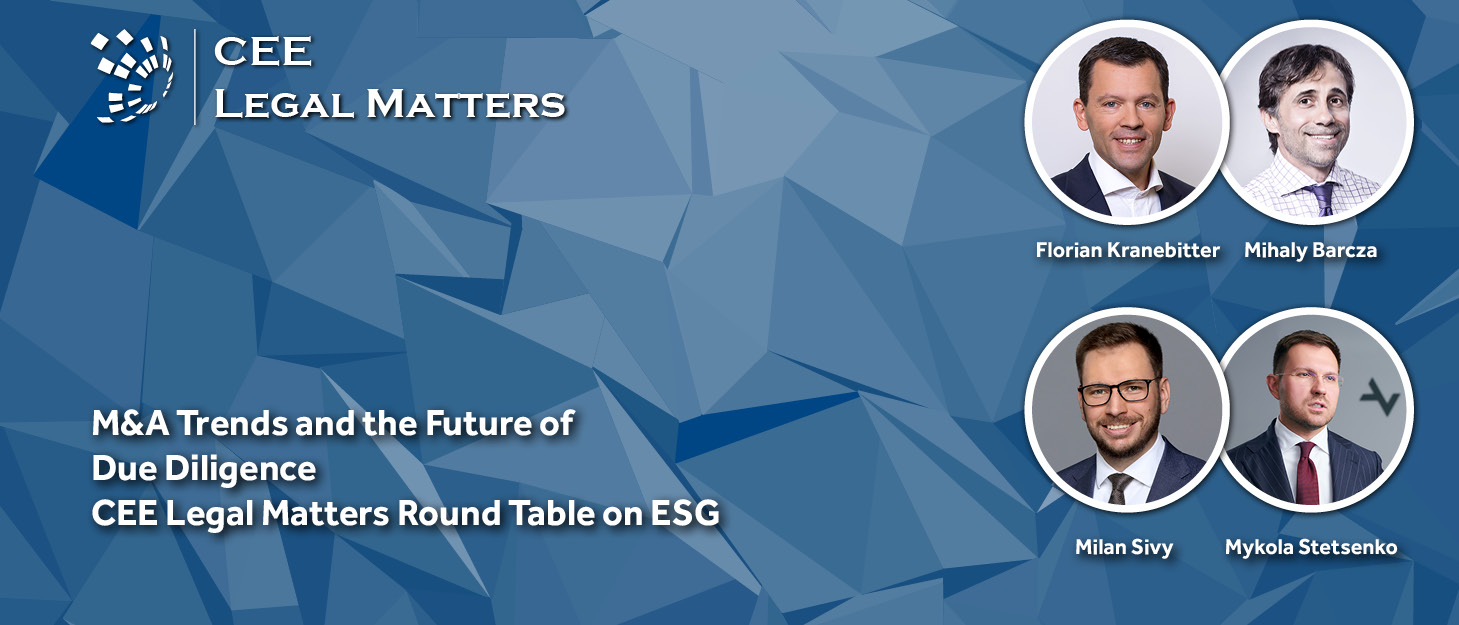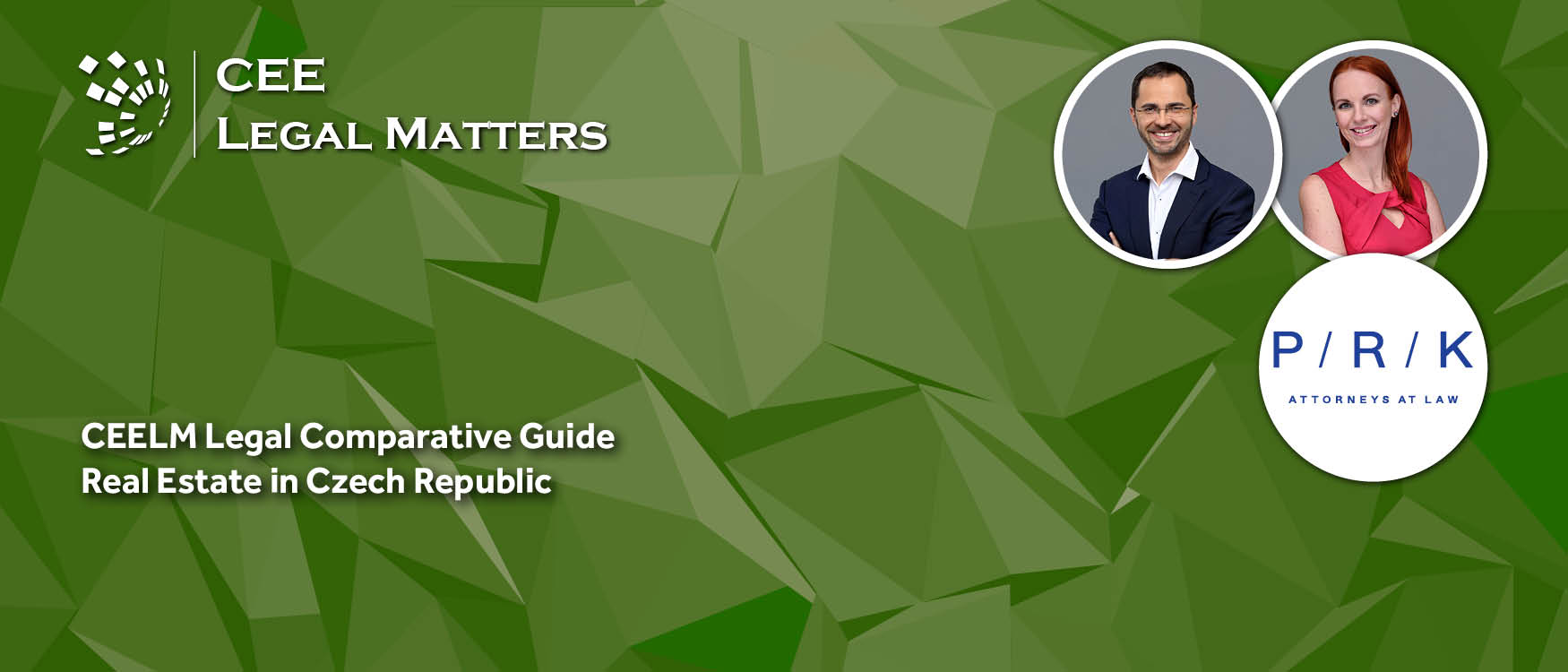Tuca Zbarcea & Asociatii Partner Gabriela Anton, Gecic Law Counsel Miodrag Jevtic, ACI Partners Head of Banking/Finance Marina Zanoga, Avellum Managing Partner Mykola Stetsenko, NazaIi Tax & Legal Partner Nilay Goker Duran, PRK Partners Senior Attorney-at-Law Norbert Hink, and Schoenherr Bulgaria Local Partner Tsvetan Krumov look at how the financial services landscape in the CEE region has been shifting, as local non-banking financial institutions (NBFIs) are gradually gaining ground in an area historically dominated by the banking sector.
Czech Republic: Cybersecurity – Czech Businesses Are Getting Ready for NIS 2
Cybersecurity is trending in Czechia again not only because of recent large-scale cyber-attacks targeting important institutions such as hospitals, the Czech public radio, or the national highway directorate (resulting in some of its systems being unavailable for several months) but also due to legislative developments. Specifically, cybersecurity is also making headlines as it is time for many Czech businesses to get ready for the NIS 2 Directive (Directive (EU) 2022/2555 of the European Parliament and of the Council of 14 December 2022 on measures for a high common level of cybersecurity across the Union).
PRK Partners Advises RWE on Sale of Gas Storage Business in Czech Republic
PRK Partners has advised RWE on the sale of its subsidiary RWE Gas Storage CZ to the CEPS state-owned electric power transmission system operator. EY Law reportedly advised CEPS.
Go (Safe) Big or Go Home: PE in CEE
While international private equity players still dominate blockbuster deals in CEE, locals and regional players are gaining more and more ground – especially in terms of volume. PRK Partners Co-Head of Corporate and M&A Practice Group Milan Sivy, Tuca Zbarcea & Asociatii Managing Partner Gabriel Zbarcea, and Avellum Managing Partner Mykola Stetsenko provide an in-depth analysis of the PE landscape in the Czech Republic, Romania, and Ukraine.
PRK Partners Advises GoOut Shareholders on Sale to Piletilevi Group
PRK Partners has advised the shareholders of Czech ticketing portal GoOut on its sale to the Piletilevi Group.
PRK Partners Advises on CSG’S CZK 4.5 Billion Bond Issuance
PRK Partners has advised lead co-managers Ceska Sporitelna, Komercni Banka, J&T Banka, and UniCredit Bank Czech Republic and Slovakia on Czechoslovak Group’s CZK 4.5 billion bond issuance, which contains an option of an increase up to CZK 5 billion.
PRK Partners Advises Electrostar Group on Entering Czech Republic
PRK Partners has advised the Electrostar Group on setting up its operations in the Czech Republic – including the acquisition of an industrial site in the Pilsen Region.
Czech Republic: Revised Energy Performance of Buildings Directive – More Practical EPCs?
On February 9, 2023, the Committee on Industry, Research, and Energy voted in favor of a revised Energy Performance of Buildings Directive (EPBD), which is a part of the EU’s new extensive climate and energy legislation known as “Fit for 55”. The main objective of the revised EPBD is to reduce greenhouse gas emissions and the overall energy consumption of buildings by 2030 with the eventual goal of reaching climate-neutral buildings in the EU by 2050.
ESG Talks: M&A Trends and the Future of Due Diligence – A CEE Legal Matters Round Table
On July 7, four leading lawyers from Austria, the Czech Republic, Hungary, and Ukraine sat down for a virtual round table moderated by CEE Legal Matters Managing Editor Radu Cotarcea to discuss the increasing prominence of ESG issues and their impact on M&A transactions, due diligence procedures, and the role of the lawyers themselves.
Real Estate Laws and Regulations in Czech Republic
Contributed by PRK Partners.


